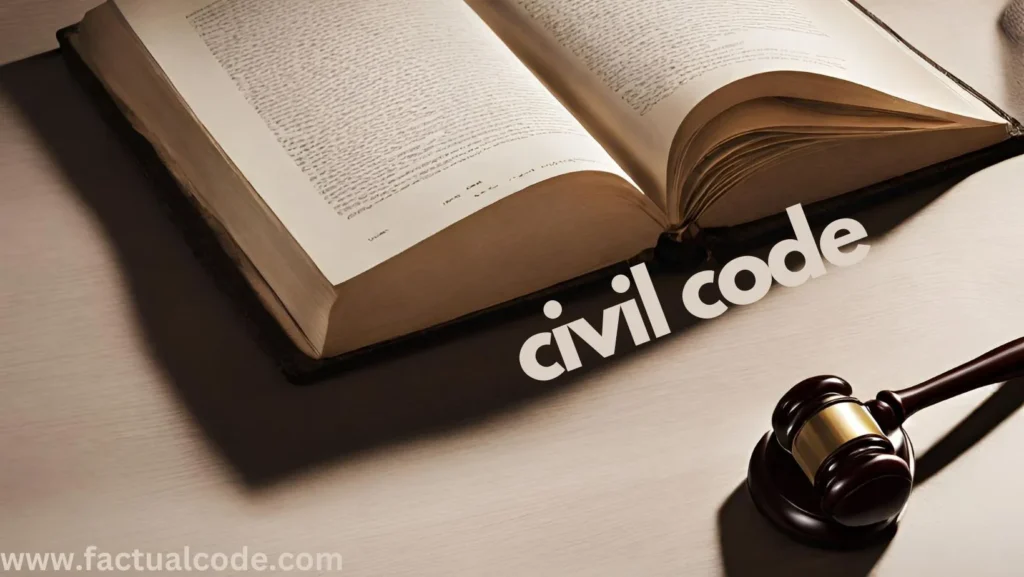✎ What Is an Appeal? 🤔📜🔍
An appeal is when a person who is unhappy with a court’s decision asks a higher court to review and possibly change it. In India, appeals to the Supreme Court can be made through the Constitution or under a law called the Code of Civil Procedure (CPC), 1908. 🏛️📝⚖️
🏛️ Appeals Under the Constitution 📖🔺📘
• Article 132: Appeals on Constitutional Questions
Applies when a case involves a serious question about the Constitution.
The High Court must certify that the case fits this rule.
Example Case: Durga Shankar Mehta v. Raghuraj Singh (1954).
• Article 133: Civil Appeals
For civil disputes (like property or contracts).
The case must involve a major legal issue.
The High Court must allow the appeal.
Since 1972, no minimum money limit is needed.
Example Case: Kesoram Industries Ltd. v. Commissioner of Wealth Tax (1966).
• Article 134: Criminal Appeals
For criminal matters.
You can appeal if:
The High Court reverses an acquittal and gives a death sentence.
The High Court certifies the case as important.
Example Case: Pritam Singh v. State (1950).
• Article 136: Special Leave Petition (SLP)
The Supreme Court can allow an appeal from any court or tribunal (except military courts).
This is not a right—it’s up to the Court.
Example Cases: DCM v. CIT (1955), Kunhayammed v. State of Kerala (2000).
• Article 137: Review Power
The Supreme Court can review and change its own judgment in special cases. 🔁⚖️📄
📜 Appeals Under the CPC 📚🧾🧑⚖️
• Section 109 CPC
A person can appeal a High Court ruling if it involves a serious legal issue and the High Court gives permission.
• Section 112 CPC
Makes it clear that CPC rules do not override Constitutional rights. ⚖️📌📕
⚖️ Comparing Appeals Under Constitution vs CPC 🧮📋📘
| Feature | Constitutional Appeals | CPC Appeals |
|---|---|---|
| Source of Power | Constitution (Arts. 132–134, 136) | CPC (Sections 109–112) |
| Permission Needed | Yes, from High Court | Yes, as per CPC |
| Legal Focus | Big constitutional/legal issues | Major legal questions |
| SLP Option | Available (Art. 136) | Not covered |
🔍 Common Reasons for Appeal ⚠️📑👁️
Legal error by lower court.
Violation of natural justice (e.g., no fair hearing).
Ignored important evidence.
Wrong application of law. 🧠📉📎
📝 How to File an Appeal to the Supreme Court 🧾🧑⚖️📤
Steps:
Get High Court certification (if needed).
Hire an Advocate-on-Record to draft the petition.
Prepare required documents:
Copy of the judgment.
Affidavit and vakalatnama.
Pay court fees.
File the appeal (online or offline).
Respect the time limits:
90 days for regular appeals (Arts. 132–134).
60 days for SLP (Art. 136).
Delay? The court may allow it with a good reason. ⏳📬🛂
📂 Can You Show New Evidence? 📎📉🧐
Normally, no.
But under Order XLI Rule 27 CPC, new evidence is allowed if:
The trial court unfairly stopped it.
It’s essential for justice. 📁⚖️📌
📚 Important Case Laws 🏛️🧠📘
Mathai @ Joby v. George (2010): SLP is not a right—only in rare cases.
Kunhayammed v. State of Kerala (2000): Effects of SLP dismissal explained.
Union of India v. B.N. Anantharam (2020): Stressed careful review in SLPs. 📝🔍⚖️
🧭 Appeal Journey in Civil Cases 🛤️🗂️👨⚖️
Trial Court ➔ First Appeal ➔ Second Appeal ➔ Supreme Court Appeal (Arts. 132/133/136) 🧷📘➡️
📘 Exam Corner 🎓🧠📖
Possible Questions:
How do appeals to the Supreme Court work?
What is the difference between a regular appeal and an SLP?
When can an SLP be filed?
Study Tip: Use case examples, flowcharts, and tables to make long answers more effective. 🗒️✅💡
🗿 Conclusion 🏁📜🔍
Appeals to the Supreme Court are a way to ensure fairness and correct serious legal mistakes. But not all cases can go to the Supreme Court—it only hears cases involving major legal or constitutional issues. 🧑⚖️📌⚠️
🔎 Recommended for You
References- Constitution of India THE CODE OF CIVIL PROCEDURE, 1908 Durga Shankar Mehta vs Thakur Raghuraj Singh And Others on 19 May, 1954 Article 132 Article 133 Kesoram Industries & Cotton Mills Ltd vs Comnmissioner Of Wealth Tax, (Central) … on 24 November, 1965 Article 134 Pritam Singh vs The State on 5 May, 1950 Article 136 Kunhayammed & Ors vs State Of Kerala & Anr on 19 July, 2000 Article 137 Section 109 Section 112 Order 41, Rule 27 CPC Mathai @ Joby vs George & Anr on 19 March, 2010 Anantha Murugan vs The Union Of India on 25 February, 2020

